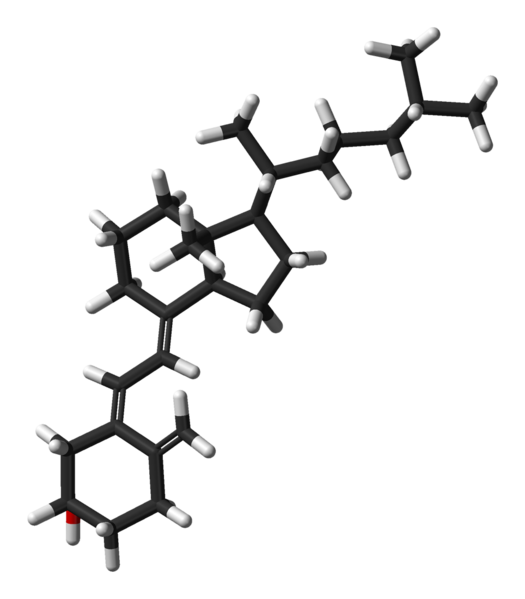As we enter the dreary season of exams, the sun is hidden behind the clouds and the characteristic gloominess that comes with winter is settling in. We can add losing access to the sun to the list of depressing things that come with this season, as well as some of its important benefits, including vitamin D production. Sun exposure is a large source of vitamin D. The ultraviolet light from sun exposure is used in synthesizing vitamin D. It is important to be exposed to the sun to produce a sufficient amount of vitamin D, which can be quite a challenge during the cloudy winter months.
Vitamin D is essential to the human health. Vitamin D activates up to 1,000 of the 21,000 genes that can be active, according to John Cannell, founder of the vitamin D Council. Vitamin D deficiency, then, plays a role in conditions such as cancer, heart disease, diabetes, multiple sclerosis, tuberculosis, depression, and even brittle bones. Vitamin D is also important for the respiratory system and provides components necessary for regulating the immune system; it reduces inflammatory cytokines, signaling molecules that stimulate the cell movement toward inflamed sites.
Vitamin D is a prohormone, meaning it is not biologically active but is instead converted by enzymes to its active state: ultraviolet light is necessary for this activation. Vitamin D is made photo-chemically in the skin from 7-dehydrocholesterol. The 7-dehydrocholesterol, a type of cholesterol, is photo-decomposed by ultraviolet light. This results in “pre-vitamin D,” referred to as cholecalciferol, which isomerizes (changes) to calcitriol, a hormone involved in calcium uptake regulation in the intestine as well as calcium level in the kidney and bone. Photo-decomposition, the first steps in the metabolism of vitamin D, occurs in the skin; it is affected by the amount of UV light absorbed. The amount of sun exposure necessary for vitamin D production is dependent on the skin melanin content of the individual, as well as the season and the person’s distance from the equator.
Vitamin D plays a vital role in the body; it is necessary, among other things, for calcium uptake. Being attentive to vitamin D levels is essential for health, especially during Michigan winters. Our body stores a good amount of vitamin D because it is a fat-soluble vitamin that is not easily excreted. However, lifestyle habits can lead to a deficiency. Diseases like rickets, a result of vitamin D deficiency, are often associated with colder climates and areas of limited sun exposure. There has also been a recent rise in incidence of rickets in children, as misinformed parents prevent their children from being exposed to the sun’s ultraviolet rays.
Unfortunately, unlike some vitamins, diet is not always a good source vitamin D. Other than egg yolks and fish, few food are actually natural sources of vitamin D. A modified version of the vitamin D precursor calciferol is sometimes added to milk and butter as dietary supplement.
As the days get shorter, and the nights longer, it is apparent that we are not getting enough sun here in Michigan. This will affect vitamin D levels in the body, since vitamin D stored up from the summer won’t last through the long winter. Some noticeable symptoms of vitamin D deficiency include fatigue and depression. In the end the best way to tell is by taking a blood test. However, for now, a Christmas vacation to the south might be just what the doctor prescribed.







